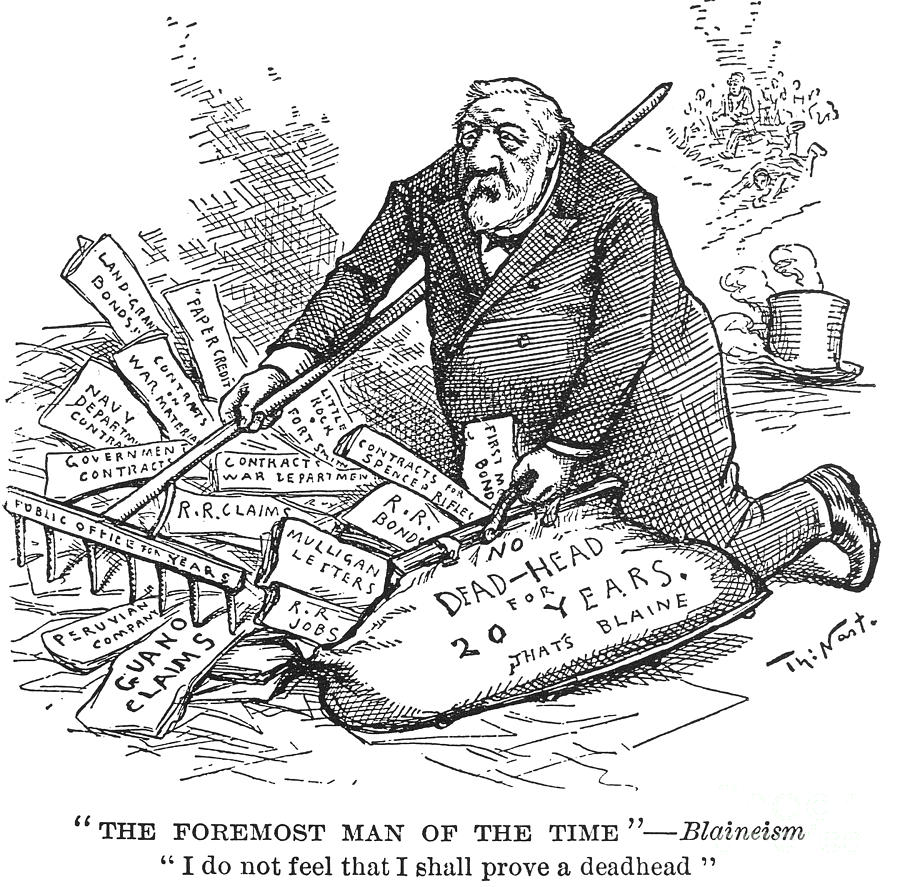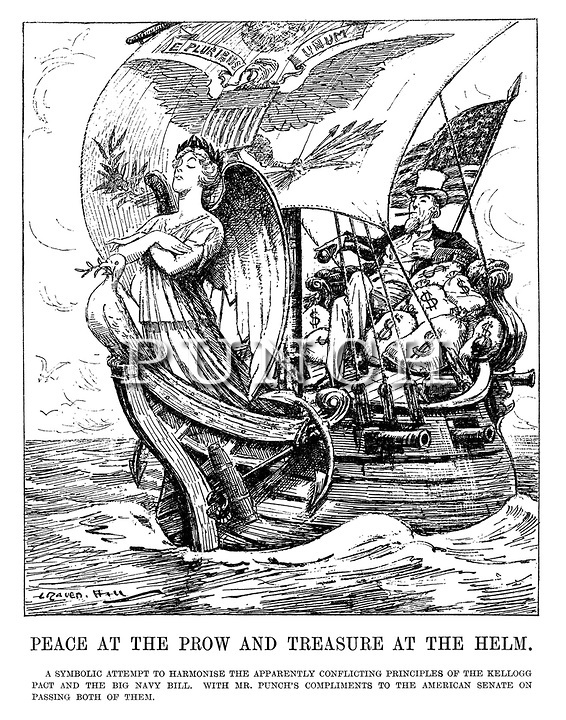


However, recent scholarship has focused on the ways in which, at both the public and private level, Americans remained committed to international efforts to prevent the outbreak of another war. Senate to ratify the Versailles Treaty, and the resulting failure of the United States to join the League of Nations. It was once common for historians to refer to the 1920s as a period of "isolationism," thanks to the refusal of the U.S. They began to question whether the loss of more than 120,000 dead, and nearly a quarter million wounded (not to mention the more than half a million Americans who died in 1918–1919 of Spanish Flu, which soldiers returning from Europe brought with them), was justified by this apparent return to "business as usual"? Instead of concluding a just settlement that would reform the international system and make future wars unlikely, the Allies, they concluded, had simply expanded their empires at the expense of their defeated foes. To many liberals, the Treaty of Versailles, which the Allies forced Germany to sign in June 1919, made a mockery of President Wilson's idealistic war aims. It was not long after World War I ended that Americans started wondering whether their country's involvement in that conflict had not been a serious mistake.


 0 kommentar(er)
0 kommentar(er)
